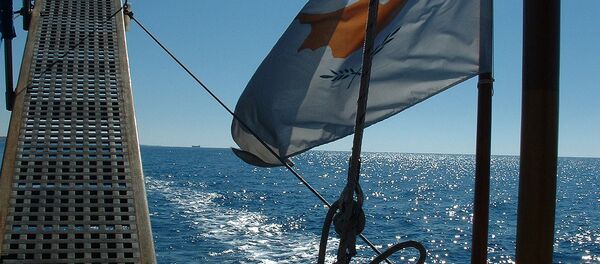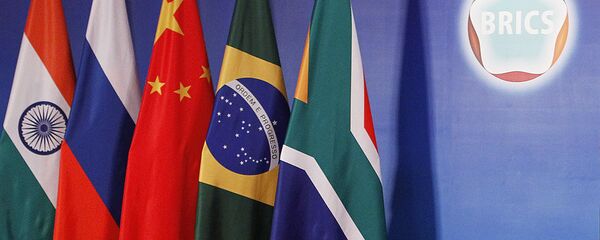“We could state that other countries, such as South Korea, Singapore, Brazil or India, have continuous interest in investing in Russia,” he said.
Spiridonov noted that several Asian foundations have already addressed the Agency with offers, "stating appetite, for example, to acquire existing hotel businesses or business offices” Spiridonov commented.
According to him, the Chinese government has already “approved a policy of investing in Russia”.
Spiridonov underlined that there is also intense investment attraction work in Cyprus, Qatar, Bahrain and the United Arab Emirates, where the Russian Investment Agency holds bilateral dialogues, participates in investment forums and plans to open representation offices.
At the same time, Spiridonov remarked that European investors leave Russian market “reluctantly”, as they “understand that Nature abhors a vacuum” and “there will be investors from other countries”.
“I wouldn’t say that the Europeans are rapidly leaving the Russian market. At first we were expecting that the EU anti-Russia sanctions would lead to quick sales, for example, of hotel businesses. But it did not actually happen,” he said.
In his opinion, Europeans are trying to use different ways to keep their place on the Russian market. "They understand that if they leave their place will be quickly taken and it will be difficult to return for them". He explained that “in Singapore there are several representation offices through which English, US and Canada companies work with Russia”.
Relations between Moscow and Brussels deteriorated after Crimea's reunification with Russia in March 2014. The European Union, the United States and Canada imposed several rounds of anti-Russia economic sanctions, accusing the country of fueling the armed conflict in Ukraine. Russia rejected the accusations and responded with counter-sanctions.





